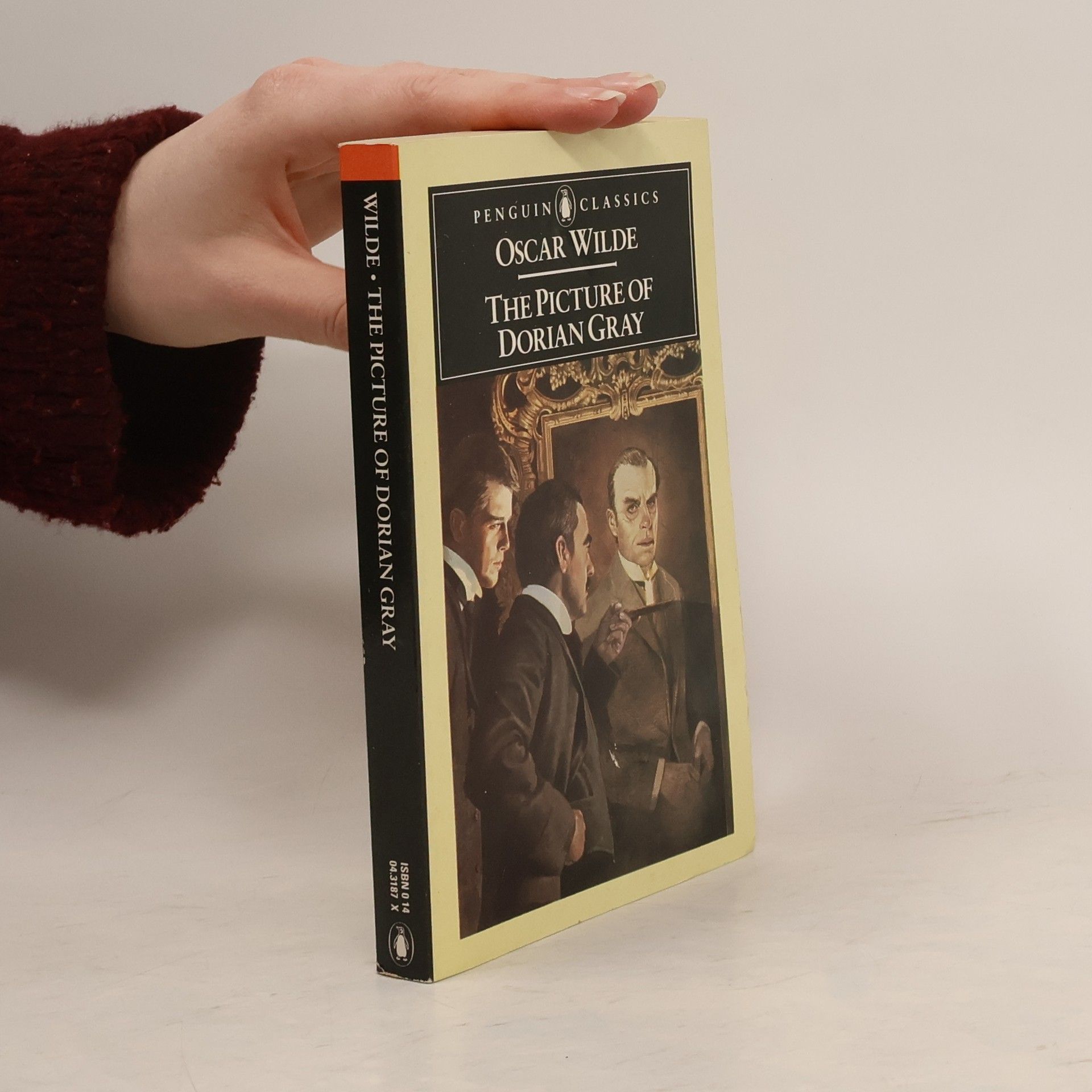Oscar Wilde on Trial
The Criminal Proceedings, from Arrest to Imprisonment
- 672 pages
- 24 hours of reading
The book offers a comprehensive and authoritative account of Oscar Wilde's two trials, drawing from diverse sources such as official and private letters, newspaper reports, and incomplete transcripts. It highlights the trials' significant impact on legal and cultural history, presenting an in-depth analysis that sheds new light on this pivotal moment.

